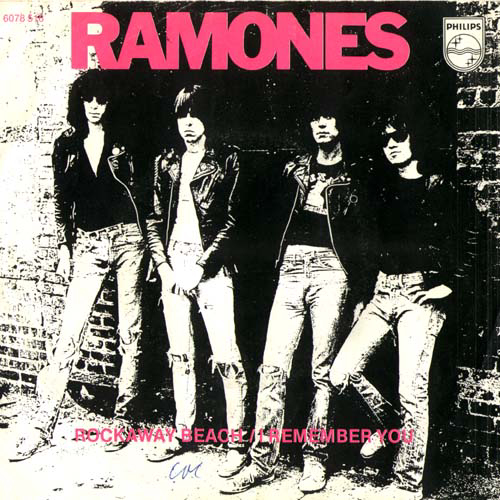This is my diary of touring the disaster zone yesterday (November 3) that I could not post because of continued Internet outage in Manhattan. I traveled across Connecticut, Long Island and Manhattan. Here’s the diary:
Left Connecticut early this morning and saw man electric utility trucks from Detroit on I95. Ironic, that a city famed for being ruined is in a position to help us out. The ferry to Long Island was mostly carrying tree and garden company vans. When we got over there, you could easily see why. Trees and plants are down everywhere, in wild tangles with phone, cable and electricity cables, which hang heavily from the utility poles here, like over-ripe fruit. All the Internet, HD cable, fax machines and the other wired devices of our time have been suspended above the streets on these poles, waiting for a wind to blow them down. Sandy obliged, just like Irene before her. The hurricane swung right around New York City and landed a haymaker on Long Island.
At our own little house, a hundred-year oak had split down the middle and blown against the way its branches used to hang right onto the house. This bad luck was offset by the fact that a huge oak branch that snapped off at the front of the house blew clean away from it and landed harmlessly in the bushes. The tree at the back gave the house a thump, cracked the sheetrock and some rafters but the wooden frame absorbed the shock. We’re looking at persuading the insurance to pay–and talk to people from New Orleans about that–or a FEMA loan. Whatever happens, it’s more debt, as the insurance never fully covers it. Others were not so lucky. There are apparently over 100,000 buildings severely damaged or destroyed on the island. So no complaints.
As we drove back to NYC, the trail of damage was palpable. Human needs were most visible for gasoline. As has been widely reported, there were very long queues, including hundreds at one station trying to fill gas cans to keep generators running. Police were out to keep crowds under control. The irony that the one product that’s done more than any other to cause all this should be in short supply is palpable. Even more, between the generators, the leaf blowers and the wood chippers, and all the other improvised means of staying warm, keeping things frozen and so on, Long Island has used its carbon emissions for years to come.
Back in the city, recovery was underway in Manhattan, despite the still visible signs of duress downtown. The lobby of our building was filled with bottles of water and Meals Ready to Eat, the rations issued to military personnel in the field. Apparently our local Congress person Jerry Nadler had them delivered by the Navy. Where, we might ask, were our wealthy landlords NYU in all this?
We have power but no Internet/phone/TV like many others. Looking at the devastation in the Rockaways, it’s no hardship. When I was about fifteen I loved the Ramones song “Rockaway Beach.” To me in London,it seemed brilliantly inventive to imagine a beach called Rockaway, setting up the chorus “Rock-Rock-Rockaway Beach.” I was even more delighted to realize some time in the late ’90s that the beach was real. Maybe not so much any more.

